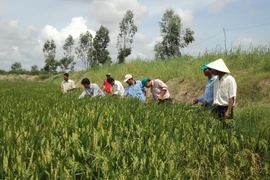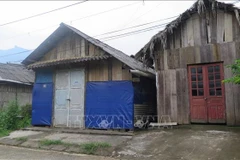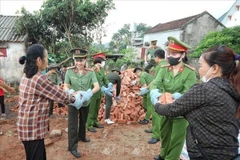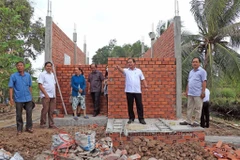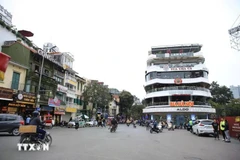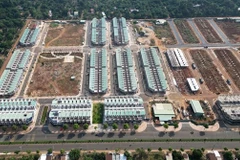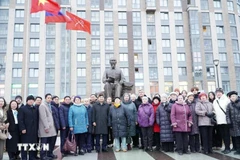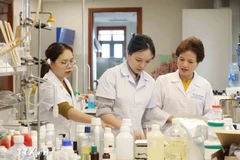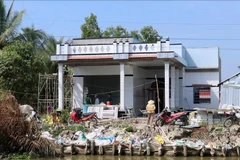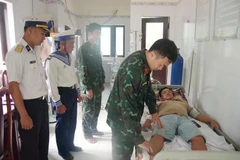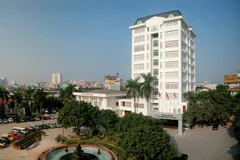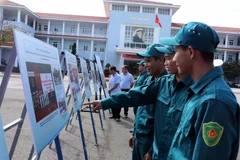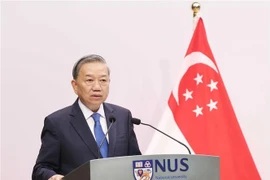Dak Nong (VNA) – A project to replace old, low-yield coffee plants in the Central Highlands province of Dak Nong was launched at a conference on March 15.
The Vietnam Sustainable Agriculture Transformation (VnSAT) project has a total investment of 260.7 billion VND (11.73 million USD), including 157.4 billion VND (7.08 million USD) sourced from the World Bank.
It will be implemented in 11 communes in three districts and Gia Nghia town from 2016-2020.
Under the project, on-field training services will be provided for outstanding coffee growers while building capacity for cooperatives’ managerial staff to ensure sustainable coffee cultivation.
Vice Chairman of the provincial People’s Committee Truong Thanh Tung said the project will encourage local farmers to apply technology-based cultivation not only in coffee plants but also in other crops, thus raising the economic value of the local agricultural sector.
Dak Nong has nearly 120,000 hectares of coffee plants. Of these, 25,000 hectares will be replaced from now to 2020, Tung said.
The VnSAT project, part of the World Bank – financed national cooperation plan , was outlined by experts from the WB, the UN Food and Agriculture Organisation and the Vietnamese Ministry of Agriculture and Rural Development.
It has been implemented in 13 Central Highlands and Mekong Delta localities, including Dak Lak, Dak Nong, Gia Lai, An Giang, Can Tho and Hau Giang, from 2015 to 2020 with a total capital of 301 million USD, of which 238 million USD came from the WB’s preferential loans.
The project aims to help promote agricultural restructuring through increasing the sector’s institutional capacity, renewing sustainable cultivation methods and raising the value chain for rice production in the Mekong Delta and coffee crops in the Central Highlands.
Additionally, the project can help reduce negative impacts on the environment through lower use of water for irrigation, fertilisers and pesticides.-VNA

